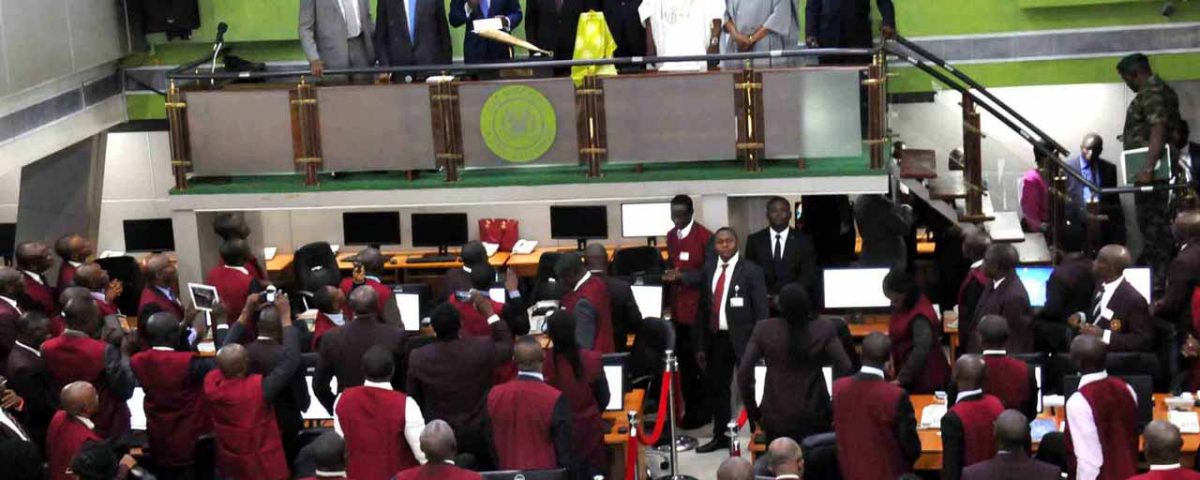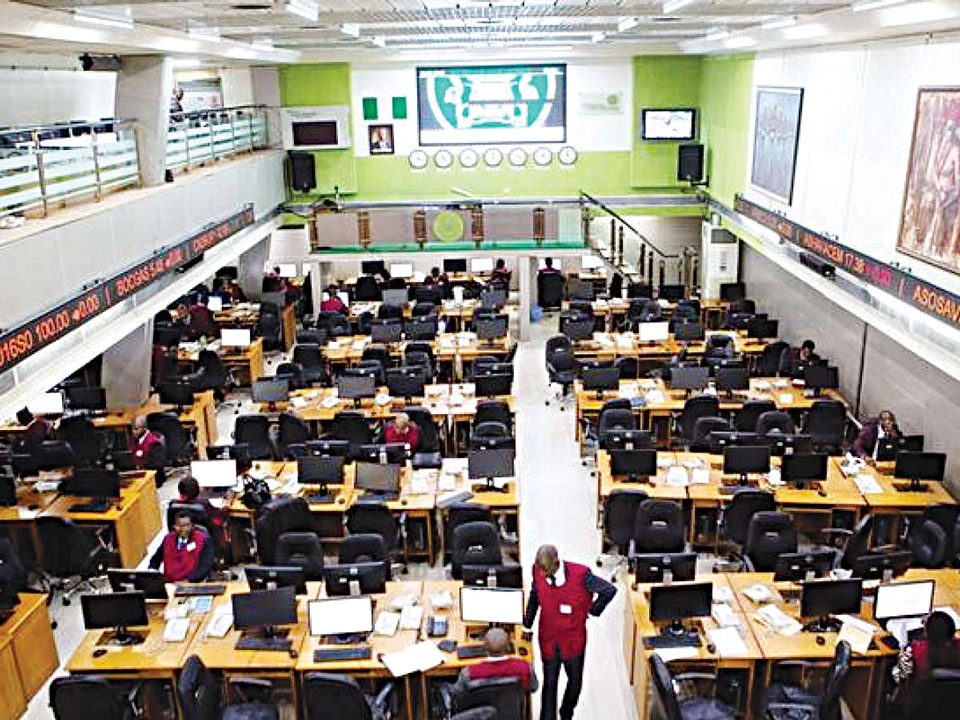Nigeria Update: Investors lose N295b in seven months as politics weighs in

Nigeria Update: Financial stocks contribute 59.23% to total equity turnover
August 6, 2018
Nigeria Update: Crowdfunding renewable energy solutions in Africa
August 6, 2018Piqued by estimated N295 billion losses suffered by investors in the last seven months, stakeholders have warned political parties and their representatives to desist from actions that portend further risks or trigger more panic in the market.
Indeed, the stakeholders attributed the current depression in the market to unfolding events in the political space, which has continued to fuel uncertainty and shadow on the overall mood of the equities market.
Specifically, market capitalisation of listed equities, at N13.617 trillion as at January 2, 2018, now stands at N13.322 trillion as at August 3, 2018, down by N295 billion or 2.2 per cent in seven months, while the All-Share index slid by 1,765.12 points or 4.8 per cent from 38,264.79 to 36,499.67.
Ahead of the 2019 polls, stock market investors have argued that if the political space remains tensed, the volatility recorded so far in the market will be heightened, as bargain hunters will take advantage of the oscillatory mode of the market going forward.
The Chief Research Officer of Investdata Consulting, Ambrose Omodion, said political risk and uncertainties ahead of the 2019 general elections are major factors that continue to depress and escalate foreign capital flight.
According to him, equities have continued to suffer from investment outflows and the absence of a positive trigger or enough retail investors to help stablise the domestic market.
“This is why investors would continue to trade cautiously. Also important, is the outcome of the shadow elections by political parties taking place in the month of August.”
He pointed out that the implementation of the new structure of the Nigerian Stock Exchange (NSE) in recent times has so far, not brought the expected impact from market makers, in terms of liquidity, to support relative stability, as it remains on the downtrend.
The analyst suggested that investors should also change their investment strategies in favour of medium to long-term horizon and position for higher returns post-election.
“Investors should review their positions in line with investment goals, strength of the company numbers and act as events unfold in the global and domestic environment,” he said.
The former Secretary General of Independent Shareholders Association, Adebayo Adeleke, said market performance would continue to be weak, coupled with low liquidity, if politicians fail to realise the effect of unstable environment on the economy.
“We need to play our politics in the way that we will be mindful of what happens to the economy.
We do not need to do things that will have adverse effect on the economy because if it does, it becomes a problem even for those that will take over power.
“During electioneering in America, you find out that the economy remains strong and stable.
Our people need to play the game equally like that by ensuring that they put the economy first.
“What we are seeing is a very cautious approach to the market.
Given the way the political space is getting more tensed, investors do not understand the direction the economy and they would always want to be very careful on what to buy, what to hold and what to sell.”
An independent investor, Amaechi Egbo, explained that the local bourse do not have the capacity to absorb external shock or mop up shares when there is sudden dumping by foreign investors to sustain price rally.
Therefore, he suggested that the regulators should work on how to boost the participation of local investors that would not easily sell-off when there is panic in the market.

